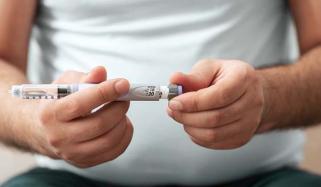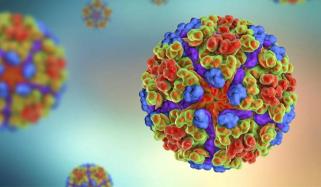
A recent study discovered that an experimental blood test might assist doctors to predict whether someone will recover their mobility following a spinal cord injury.
The test finds fragments of spinal cord DNA floating freely in an individual’s blood, according to a report in the Journal of Clinical Investigation.
Studies revealed that elevated levels of this DNA are linked with more severe vertebral column injuries causing paralysis.
Related: Norovirus outbreak: 241 passengers, crew contracted virus on luxury cruise ship
Neurosurgery chief resident and lead researcher at Johns Hopkins University School of Medicine Dr. Tej Azad said: “With the new blood test, we are trying to bring a precision medicine framework to spinal cord injury with something that tells you about injury severity and can hopefully predict neurological recovery.”
Medical professionals depend on extensive clinical exams and state-of-the-art imaging for accurate diagnosis of these injuries and to project patients’ chances of partial or full recovery.
However, it's extravagant and time-consuming, researchers stated.
To develop a minimally invasive procedure to know the severity of injury and an individual’s recovery chances, researchers assess DNA and proteins in the blood of 50 people with spinal injuries and 25 healthy people.
Results indicated that worse injuries increase the release of elevated levels of spinal cord DNA into the blood.
In addition, researchers discovered that key blood plasma proteins are higher in injured patients.
The team made a Spinal Cord Injury Index based on blood-borne spinal cord DNA merged with the four proteins.
Researchers then followed patients for six months to check whether the index had accurately predicted their recovery chances or not.
The report suggested that the index did indeed work, with 77% precision in predicting which patients would show recovery.
Related: AI-powered brain implant helps stroke survivor woman to speak again












